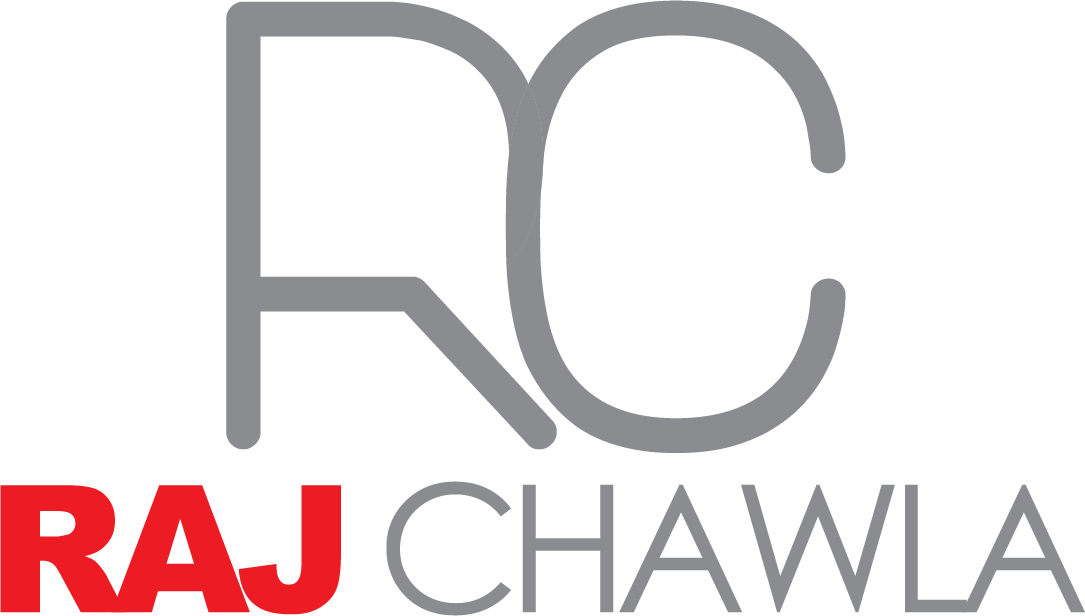Government emphasises spending to bolster economic recovery underway. IN BRIEF $106.6 billion deficit with net debt to peak at $980.6...
Read MorePrior to 1 July 2017, individuals had to meet strict rules to make personal deductible super contributions, but it’s a little bit easier to do so since changes came into effect from the 2017/18 financial year.
According to the Australian Taxation Office (ATO), up until 30 June 2017, individuals had to meet the ‘10% rule‘ or ‘10% test’ to be eligible for a tax deduction for personal super contributions.
This rule meant it could be quite hard for employees to get extra pre-tax (concessional) contributions into their super fund unless their employer was prepared to enter a salary sacrifice arrangement. It could also be challenging for anyone combining self-employment with work as an employee.
The 10% rule was, as the ATO details, a legal requirement which stipulated that any individual could not claim a tax deduction for personal superannuation contributions if they received 10% or more of the following as an employee:
The ATO points out that this rule applied even if the employer didn’t make superannuation contributions on behalf of the employee.
The 10% rule caught many ostensibly self-employed people, especially during the start-up phase or periods of low business activity where they may have picked up extra employed work to supplement their business income. You can read some examples provided by the ATO of how the 10% rule was applied here.
As explained by the ATO, the 10% rule was removed effective from 1 July 2017 for several reasons. Superannuation lobby groups argued it was unfair to those with out-of-the-ordinary employment arrangements, and created unnecessary red tape in the superannuation system. Both the SMSF Association and the Institute of Chartered Accountants of Australia had fought for a change to the rule as early as 2014, arguing that it no longer made sense in the wake of changes to superannuation made in the 2000s.
The rule was abolished in the May 2017 Federal Budget. Now the ATO notes no such restrictions on individuals looking to make tax-deductible contributions. Regardless of whether they’re employed, self-employed, or a combination of both, most people should be able to claim tax deductions for personal super contributions provided they follow the steps outlined by the ATO.
Government emphasises spending to bolster economic recovery underway. IN BRIEF $106.6 billion deficit with net debt to peak at $980.6...
Read MoreRegardless of how far off retirement is for you, it could be beneficial to regularly check that your finances are...
Read MoreThe amount of superannuation you should have is a culmination of the contributions made into your super account, fees deducted...
Read More